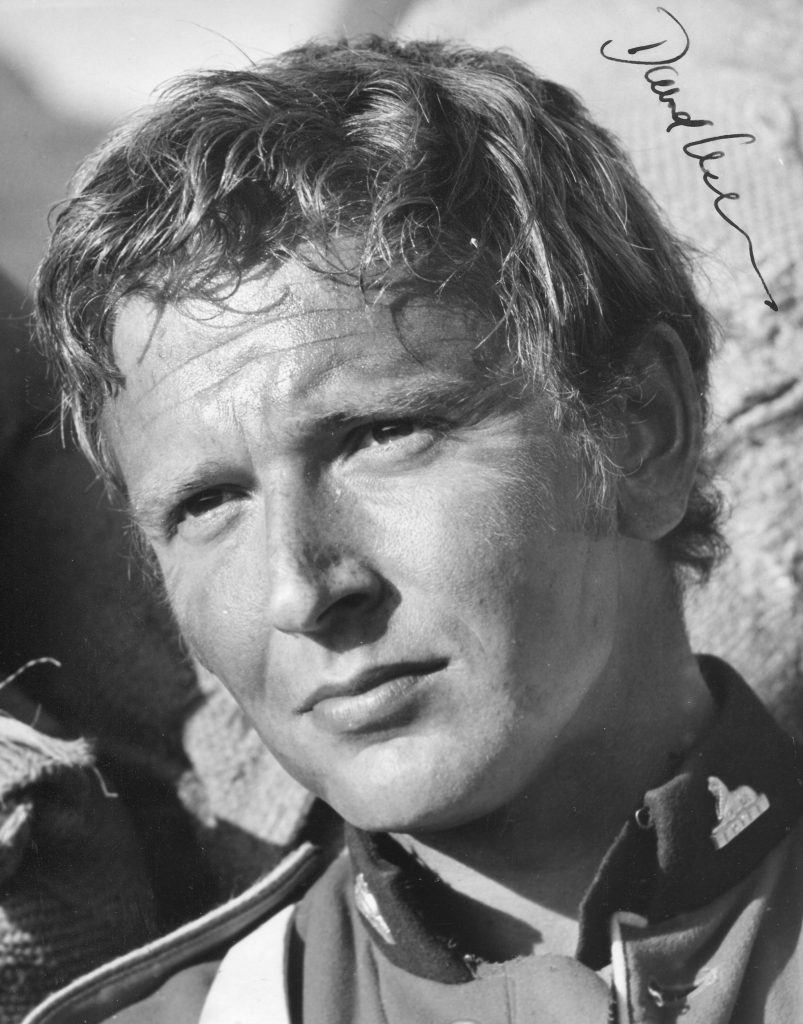
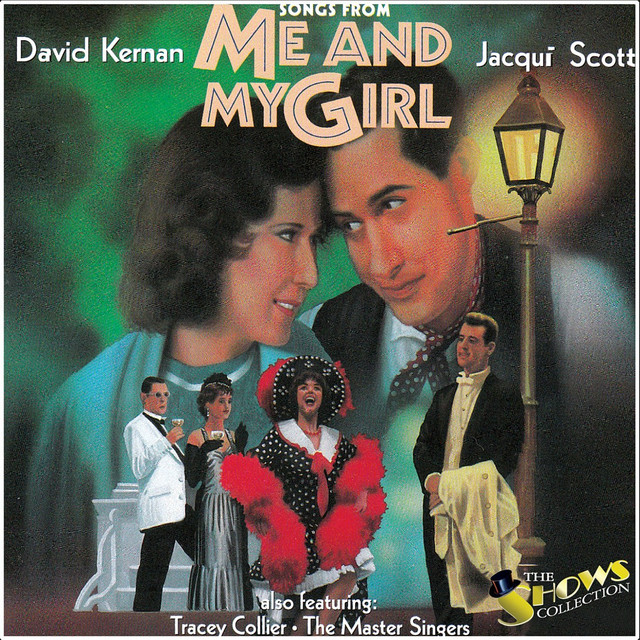
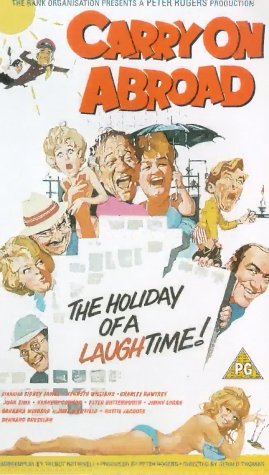
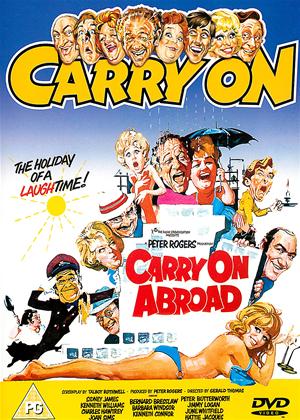
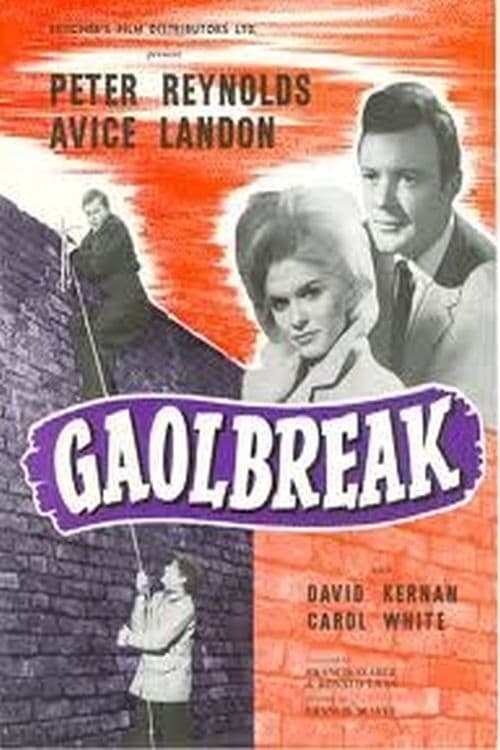
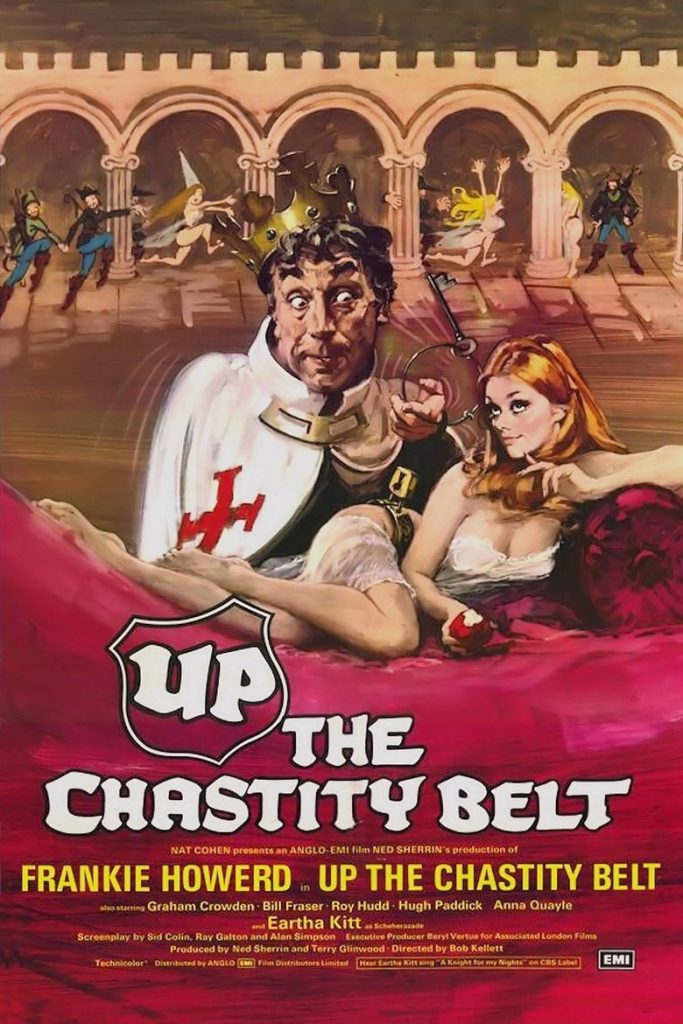

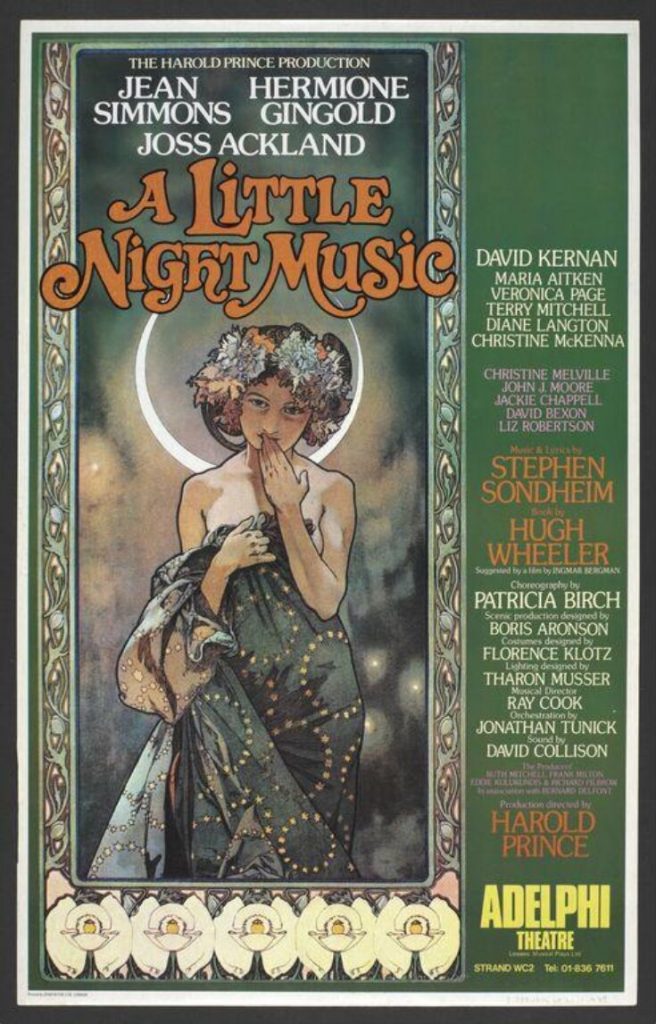
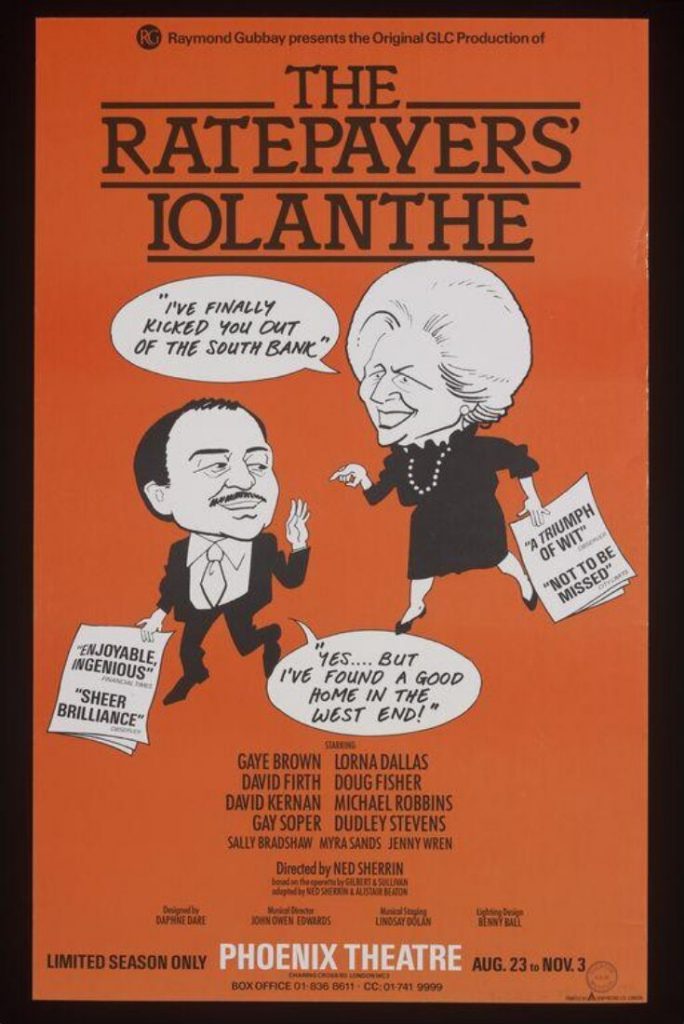
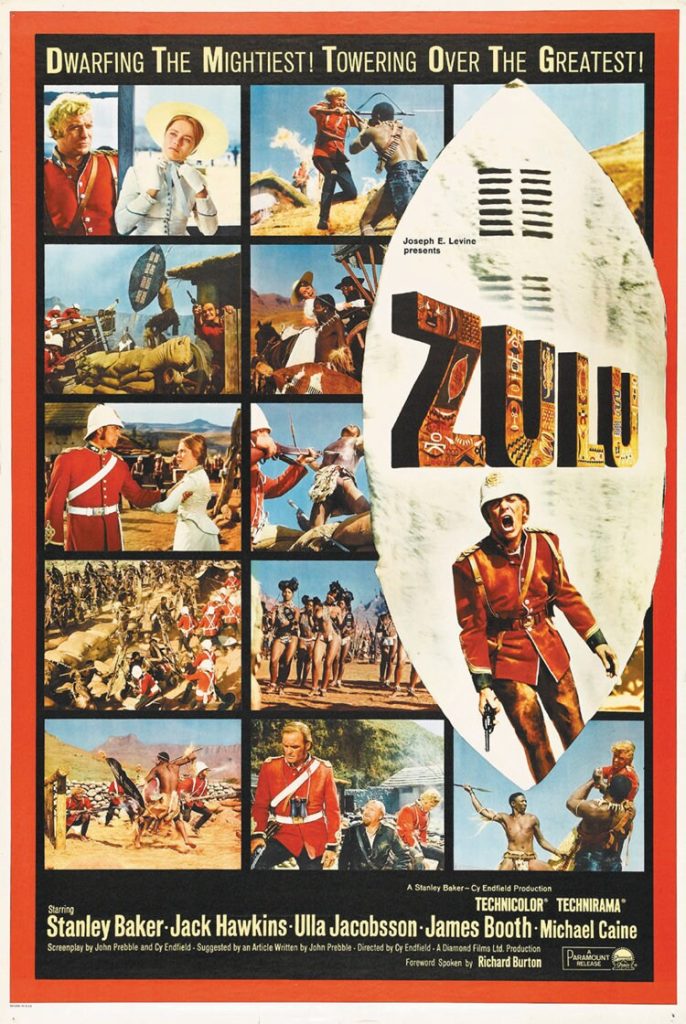
IMDB entry:
David Kernan was born on June 23, 1938 in London, England. He is an actor, known forZulu (1964), That Was the Week That Was (1962) and The Chastity Belt (1971).
Guardian obituary in 2024:
David Kernan obituary
Musical actor renowned for devising and performing Side By Side By Sondheim who was a regular on That Was the Week That Was
Anthony HaywardTue 16 Jan 2024 21.57
Eagle-eyed aficionados of the 1964 war film epic Zulu will recall the actor David Kernan in the role of Private Frederick Hitch, one of the British soldiers successfully defending Rorke’s Drift hospital and storehouse during the 19th-century Anglo-Zulu war.
“How can I shoot them if I can’t see them?” Kernan says as he mounts the ramparts. Moments later his character suffers a bullet-wound, but still manages to keep communication with the hospital open and supply ammunition to his comrades, the actions which earned Hitch a Victoria Cross.
But Kernan, who has died aged 85 after suffering from Alzheimer’s disease, devoted most of his career to musical theatre, gaining a reputation as Britain’s leading interpreter of the Broadway composer Stephen Sondheim’s songs.
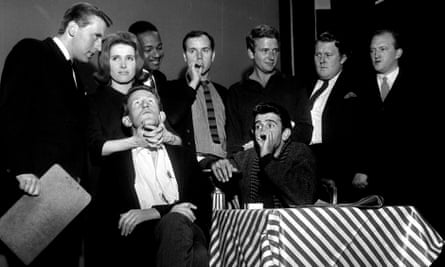
He first shone in Sondheim as Count Carl-Magnus Malcolm in A Little Night Music at the Adelphi theatre (1975-76). Jean Simmons was the star, fresh from a US tour of the production, portraying an itinerant actor reviving love with an old flame, played by Joss Ackland. The show, a romantic story inspired by the director Ingmar Bergman’s 1955 film Smiles of a Summer Night, repeated its Broadway success.
Kernan had been asked by Cleo Laine and Johnny Dankworth to put together a revue for their Stables theatre in Wavendon, Buckinghamshire, and, bowled over by Sondheim’s music and lyrics, he had the idea of creating a show of his songs that had not previously been performed live in Britain.
After consulting Sondheim, Kernan sought help from the broadcaster Ned Sherrin, producer of the 60s satirical TV series That Was the Week That Was, in which Kernan had performed topical songs. They recruited Millicent Martin, who had also appeared on the programme, and Julia McKenzie, and in 1975 staged The Sondheim Songbook, with numbers from shows such as West Side Story, Gypsy, A Funny Thing Happened on the Way to the Forum, Company and Follies, some written jointly with other composers.
With a new title, Side by Side by Sondheim (suggested by McKenzie), the show was produced by Cameron Mackintosh in the West End the following year, at the Mermaid theatre, then Wyndham’s, and then at the Garrick, where it ran for 806 performances, continuing with other artists until 1978. Kernan, Sherrin, Martin and McKenzie left the London production in 1977 to take the show to Broadway, with special dispensation from the US actors’ union, Equity. All four earned Tony award nominations, before again giving way to others.
Clive Barnes wrote in the New York Times: “Mr Kernan is all charm and polish, with a gleaming wit, and, like his well-matched women, displays a great sense of fun, and, occasionally, a feel for dreamily poetic passion.”
Kernan organised other Sondheim compilation shows, including Moving On (Bridewell theatre, 2000), and became a patron of the Stephen SondheimSociety, formed in 1993, giving valuable advice to performers in its workshops.
He was born in East Ham, London, to Lily (nee Russell) and Joseph Kernan, an underground train driver. His father walked out shortly after his birth and, from the age of four to 14, Kernan lived with his grandmother in Oxford, where he was head chorister at the University Church of St Mary the Virgin. “I was a rather fat, plain child,” he recalled, “but I had a very pretty soprano voice.”
Aged 15, he left Portchester school, Bournemouth, trained as a chef and performed with the local Shakespeare Players. He then worked as a shop assistant in London before breaking into repertory theatre as an assistant stage manager and actor at the Theatre Royal, Huddersfield (1957).
After his West End debut, in the chorus of Where’s Charley?, starring Norman Wisdom, at the Palace theatre (1958-59), he spent some of his earnings on singing, dancing and acting lessons.
His vocal talents were demonstrated on television with Millicent Martin in the BBC current affairs series Tonight. Sherrin, one of its producers, then took the pair to That Was the Week That Was. “I think Ned wanted a mix of Oxbridge types and showbiz people, so he brought us in to lighten things up,” Kernan told the Stage. “It was an odd mix, but it worked.”
He returned to musicals as the Hon Ernest Woolley in Our Man Crichton (Shaftesbury theatre, 1964-65) and was back in the West End to play Edward Rutledge, a US founding father, in 1776 (at the New theatre, now the Noël Coward, 1970). He was in the revue This Thing Called Love (Ambassadors theatre, 1983) and played the Ken Livingstone character, leader of the Greater London council, in Sherrin’s political satire The Ratepayers’ Iolanthe, with Gilbert & Sullivan songs, at the Queen Elizabeth Hall in 1984.
Kernan kept creating his own revues even after the style went out of fashion. He conceived and directed Jerome Kern Goes to Hollywood in 1986, taking it from the Donmar Warehouse in London to Broadway. In 1994, he devised a celebration of Noël Coward and Cole Porter, Noel/Cole – Let’s Do It, at the Oxford Playhouse, then the Chichester Festival theatre. Later came Dorothy Fields Forever (2002), about the American lyricist, co-created with Eden Phillips and performed at the Jermyn Street and King’s Head theatres.
On television, he was a regular featured singer in On the Bright Side (1959-60), a satirical sketch show starring Stanley Baxter which they took to the stage as On the Brighter Side at the Phoenix theatre in 1961. Kernan also appeared in Upstairs Downstairs, as an army captain who has an affair with Lady Marjorie (Rachel Gurney) in 1971, and his rare film roles included a troubadour in Up the Chastity Belt and a holidaymaker in Carry On Abroad (both 1972).
His autobiography, From East Ham to Broadway, was published in 2019.
Kernan is survived by his husband, Stuart Forsyth, whom he married in 2014 following a civil partnership in 2008.
David Stanley Kernan, actor, singer, producer and director, born 23 June 1938; died 26 December 2023

